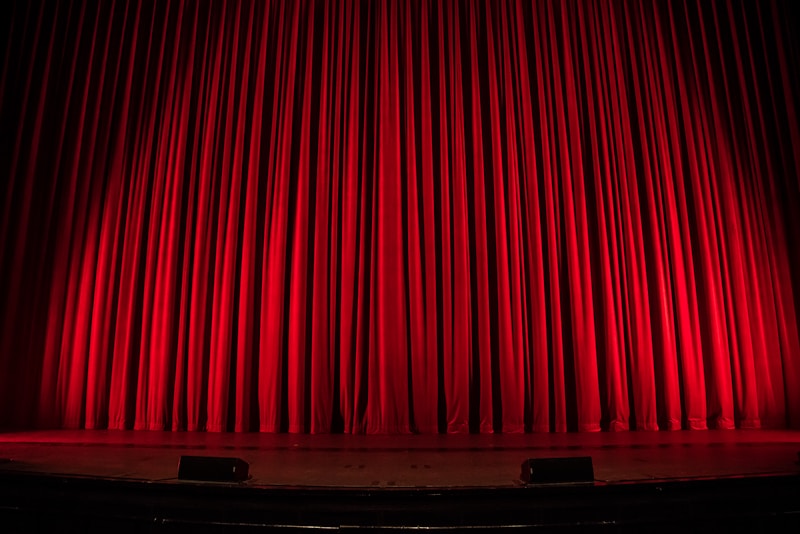9 Questions
What is the primary responsibility of a theatre director?
To oversee and orchestrate the mounting of a theatre production
Which of the following are aspects of a theatre production that a director is responsible for coordinating?
Both technical and performance aspects
What are some examples of technical aspects of a theatre production that a director is responsible for?
Stage combat and lighting design
What are some examples of performance aspects of a theatre production that a director is responsible for?
Acting and dance
What is the origin of the role of a theatre director?
Ancient Greece
When did professional vocational training programs in directing emerge?
In the second half of the 20th century
What is the purpose of the book 'Directors on Directing: A Sourcebook of the Modern Theatre' by Toby Cole and Helen Krich?
To teach theatre directing techniques
What is the purpose of the book 'The Director and the Stage: From Naturalism to Growtowski' by Edward Braun?
To teach theatre directing techniques
What is the purpose of the book 'The Director in a Changing Theatre' by Will?
To critique the profession of theatre directing
Study Notes
Theatre Director: A Summary
- A theatre director oversees and orchestrates the mounting of a theatre production, such as a play, opera, dance, drama, musical theatre performance, etc.
- The director ensures the quality and completeness of theatre production and leads the members of the creative team into realizing their artistic vision for it.
- The director collaborates with a team of creative individuals and other staff to coordinate research and work on all the aspects of the production, which includes the Technical and the Performance aspects.
- The technical aspects include stagecraft, costume design, theatrical properties (props), lighting design, set design, and sound design for the production.
- The performance aspects include acting, dance, orchestra, chants, and stage combat.
- The director may also work with the playwright or a translator if the production is a new piece of writing or a translation of a play.
- Directors use a wide variety of techniques, philosophies, and levels of collaboration.
- The role of director originated in ancient Greece, where the writer bore principal responsibility for the staging of his plays.
- The modern theatre director can be said to have originated in the staging of elaborate spectacles of the Meininger Company under George II, Duke of Saxe-Meiningen.
- Seminal works on directing and directors include Toby Cole and Helen Krich's 1972 Directors on Directing: A Sourcebook of the Modern Theatre, Edward Braun's 1982 book The Director and the Stage: From Naturalism to Growtowski, and Will's The Director in a Changing Theatre (1976).
- Because of the relatively late emergence of theatre directing as a performing arts profession, professional vocational training programs in directing can be seen mostly in the second half of the 20th century.
- Theatre directors learn their skills "on the job," and theatres often employ trainee assistant directors or have in-house education schemes to train young theatre directors.
Think you know what it takes to be a theatre director? Test your knowledge with our Theatre Director quiz! From overseeing the technical and performance aspects of a production to collaborating with a creative team, this quiz will challenge your understanding of this dynamic role. Explore the history of theatre directing and seminal works on the subject. Whether you're a seasoned theatre-goer or a newcomer, this quiz is sure to leave you with a newfound appreciation for the art of directing.
Make Your Own Quizzes and Flashcards
Convert your notes into interactive study material.





